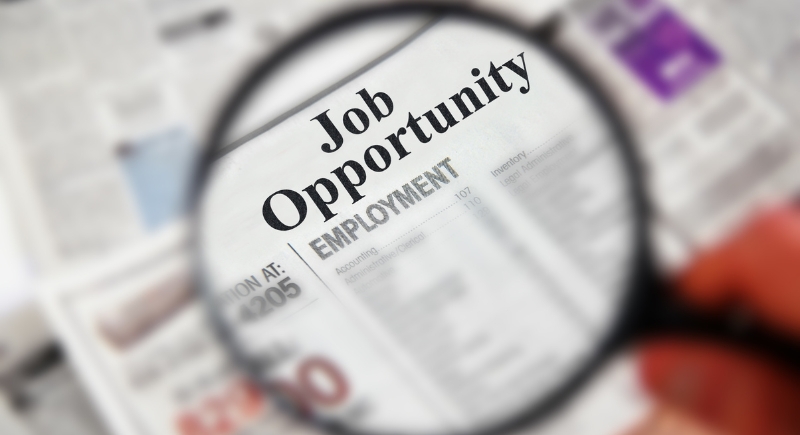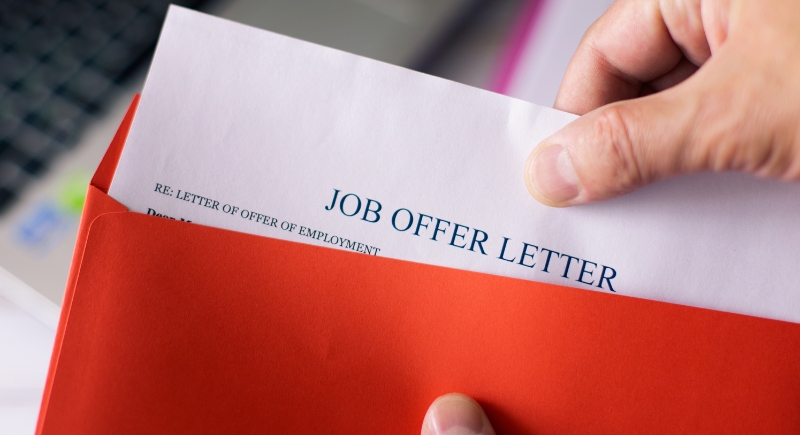Job hunting feels like its own job sometimes, right? However, when you time it right, it can be significantly less painful and more productive. Some times of the year actually come packed with openings, recruiter energy, and faster callbacks.
Here’s the scoop on when the job boards heat up and when to hold back.
January Feels Like a Fresh Start

Credit: Getty Images
Most companies reset budgets and hiring goals in January, so HR teams are recharged and ready. According to LinkedIn, job listings jumped by up to 15% in January compared to December. People leave after the holidays, too, so there are fresh openings, especially during the second and third weeks.
February Keeps the Momentum Going

Credit: Canva
Don’t wait too long—by February, hiring teams are already deep into interviews. Luckily, though, there are still plenty of unfilled roles from January’s surge. Plus, Glassdoor says February tends to have some of the fastest response times for applications, likely because HR teams are still trying to hit Q1 headcount targets.
March Brings Spring Hiring Energy

Credit: Canva
Spring hiring ramps up by mid-March. Companies want folks settled in before summer travel and Q2 projects kick off. Some universities even begin offering early graduation programs, which sparks movement in entry-level positions. Recruiters have less vacation time now, too, so your follow-up emails are more likely to get quick replies.
April Offers Balance Without Chaos

Credit: Canva
April's like a sweet spot—managers aren’t swamped with end-of-year reports, and summer distractions haven’t kicked in. According to Indeed, job posts across industries tick up in April, especially in sales, healthcare, and tech. Plus, job fairs are popular this month.
May Can Be Surprisingly Productive

Credit: Getty Images
Even though May has a few holidays, it’s still part of that solid spring hiring season. Many hiring managers aim to wrap up recruiting before Memorial Day. So while the second half of May can slow down, the first half is prime time, especially for school district jobs and summer prep roles.
June Starts Slowing Down

Credit: Getty Images
By June, summer mode starts creeping in. People take time off, and hiring teams delay interviews. But some companies still push to fill roles before the July lull. Finance and retail tend to hire this month to prep for Q3, but if you're waiting for a recruiter callback, patience is key.
July Is Pretty Hit Or Miss

Credit: Getty Images
Hiring takes a backseat to beach vacations and long weekends. ZipRecruiter says job activity drops by almost 30% in July. However, if you do apply now, there’s less competition because most job seekers tend to pause as well. Just don’t expect lightning-speed responses—interview scheduling might get delayed by PTOs.
August Slowly Picks Up Steam

Credit: Getty Images
The first half of August is usually quiet, but mid-to-late August starts buzzing again. Hiring managers return from summer break and want to fill roles before fall kicks in. Last-minute openings often arise in industries such as education, event planning, and hospitality.
September Is a Total Power Month

Credit: pexels
September often rivals January in terms of hiring activity. Kids are back in school, vacations are done, and companies start pushing to finish the year strong. LinkedIn shows a sharp rise in job postings after Labor Day. If you want interviews before the holidays roll around, this is the time to apply like crazy.
October Is Steady and Strategic

Credit: Getty Images
There’s a short but focused hiring window in October. Employers rush to use the remaining budget while still having time to onboard before year-end. Many government and healthcare sectors are ramping up hiring during this time. Moreover, interview processes are typically quicker in October since managers aren’t out on holiday yet.
November Is a Mixed Bag

Credit: Canva
You’ve got about two good weeks before Thanksgiving slows things down. Some companies want to fill last-minute roles before the end of Q4, especially in retail and logistics. So it’s worth applying early in the month.
December Is More Chill Than Productive

Credit: Canva
December is great for planning and updating your résumé, but hiring slows down. Decision-makers are either out of office or saving hiring for January. Still, if a job's posted now, it usually means they're desperate to fill it. Fewer applicants this time of year could mean your résumé stands out more easily.
The Monday After a Holiday Can Be Busy

Credit: Getty Images
Weird but true—days like the Tuesday after Labor Day or the Monday after New Year’s bring a spike in recruiter activity. That’s when inboxes get checked and hiring to-dos move up the list. Sending applications right after a holiday can put you right in front of someone ready to act.
End Of Quarters Often Means Fast Decisions

Credit: Getty Images
When it’s the end of March, June, September, or December, companies often rush to spend leftover budget or hit staffing targets. That urgency can shorten hiring cycles. If you're job hunting around quarter-ends, don’t be surprised if you get interviewed and offered within a week or two.
Right After Performance Reviews Is Key

Credit: Getty Images
A little inside baseball: People tend to quit after performance reviews, especially if raises disappoint. Those reviews typically occur early in the year or immediately after summer. When staff leave, roles open fast. If you’re paying attention to company calendars, that can be your window to swoop in.
